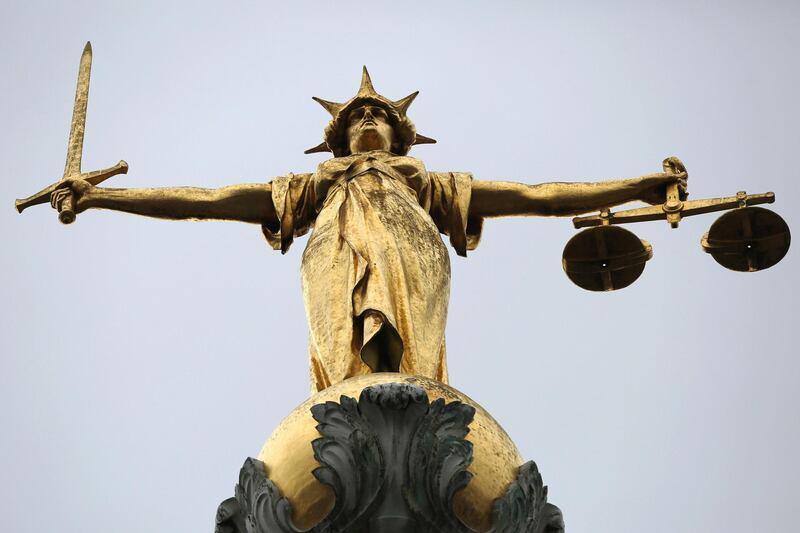One of the UK's most recognisable far-right figures, Tommy Robinson, is famous for many things – chief among them founding the anti-Muslim English Defence League and a string of legal battles and jail sentences. However, among his most notable contributions to popular culture is the creation of the #creepingsharia hashtag on Twitter. Like most things he does, this backfired. It was meant to highlight how the UK is supposedly becoming "Islamised", but instead became a meme used to belittle such absurd concerns.
The greater irony, however, is that sharia "crept" into the UK a long time ago. Indeed, the British legal system depends on it, and has done for centuries.
In his 2004 book The Case for Islamo-Christian Civilisation, Columbia University's Richard Bulliet states: "Muslims have been massively present in Europe before today. In fact, through the centuries, Muslims have been engaged in the creation of Europe and European civilisation." This is an idea I explored in my own book, Muslims of Europe: The "Other" Europeans. However, the influence of Muslim countries on the development of laws and institutions is particularly worthy of further exploration.
It is not clear when the first links between Britain and Islam began to be forged. Some historical documents state that the Celts came into contact and built trade relationships with Muslims in the eastern Mediterranean back in the 8th century. Later records indicate that Arab Muslims were visiting London as far back as the 12th century for trade, and that the alliance between King John and the Sharif of Morocco in the 13th century was so strong that the former proposed to the latter’s daughter.
In The Rise of Colleges, published in 1981, the American academic George Makdisi posited the theory that European universities took many of their cues from Arab-Islamic madrasas. He traced the idea of charitable trusts back to the waqf system in Muslim societies, and linked the ijaza or licence system of Islamic tradition to western university degrees, which emerged centuries later.
John Makdisi, George Makdisi’s son, has argued in several academic works that the origins of English common law, created in the 12th century, are to be found in Islamic jurisprudence. He has explored several areas of law to make this point, notably the creation of the royal English contract, which he has related to the Islamic aqd, and, most fascinatingly, the creation of the jury. Both have unique characteristics and appeared quite suddenly in 12th-century England, following a close connection between King Henry II of England and King Roger II of Sicily. It is important to note that Roger ruled over a territory that had previously been Muslim, where much of the Islamic legal system remained in place.
It is widely believed that Italian and French civil law are significantly influenced by Islamic jurisprudence. Much has been made, correctly, of the impact Muslim Spain and Portugal had on the rest of Europe, but precious little has been written about the ways in which the Norman conquest of the Emirate of Sicily affected European legal systems far beyond the island’s shores.
Some years ago, a wonderful project promoted by the British Council and titled Our Shared Europe took this idea seriously. The point of the project was to educate and enlighten Europeans of all backgrounds about the shared links between Islamic tradition and the development of European history, culture and civilisation. Unfortunately, it did not remain active for long, even though it unearthed a treasure trove of enthralling information.
Such initiatives are even more important today. While it is extremely valuable to educate children about the complex and centuries-long exchange of ideas between Europe and the Islamic world, adults have much to learn too. Far-right extremists such as Tommy Robinson rely on widespread ignorance of such facts to promote the idea of Islam as a malign and entirely foreign concept. The truth, however, is that for nearly 1,000 years our societies have had many more similarities than differences, and are more intimately connected than some people may want us to think.
Dr HA Hellyer is a senior non-resident fellow at the Atlantic Council in Washington, DC and the Royal United Services Institute in London





